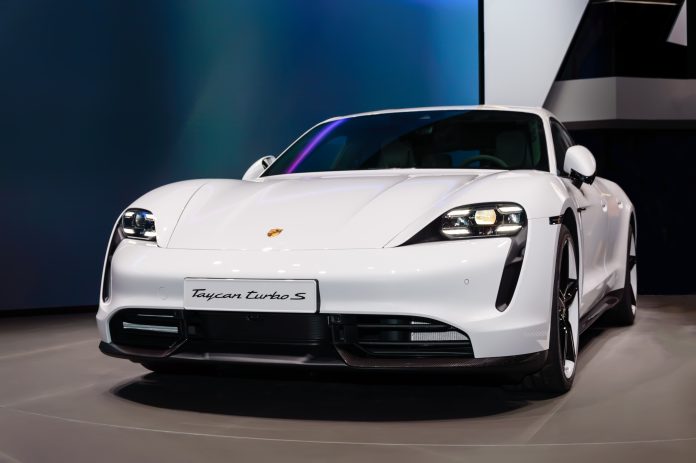Porsche is undergoing a significant strategic shift by reintroducing combustion engines and hybrid models into its vehicle lineup. This decision marks a notable departure from its previous commitment to having electric vehicles (EVs) make up 80% of its sales by 2030. The luxury automobile manufacturer is responding to the recent trend of slowing EV demand, especially in key markets.
This change in strategy comes in light of disappointing sales figures for Porsche’s electric vehicle, the Taycan, which has experienced a staggering 50% decline in sales through September 2024. This decline in demand has compelled Porsche to reassess its approach to meet the evolving needs of its customers.
Porsche will refresh some of its most popular models, including the Panamera and Cayenne, by introducing gas-powered and hybrid variants. This strategic pivot allows the company to cater to a broader customer base while recognizing that traditional combustion engines still hold appeal for many consumers. Additionally, Porsche is increasing deliveries of its electric Macan SUV, which reflects its ongoing commitment to electrification, even as it embraces more varied propulsion options.
Looking ahead, Porsche is preparing to introduce several upcoming electric models, including the electric 2026 Cayenne and the 2027 K1. However, the company intends to maintain the availability of gas-powered versions in critical markets to ensure that it meets diverse customer preferences. By doing so, Porsche aims to balance advancing its electrification goals and addressing the current realities of the automotive market.
The future of this hybrid approach remains uncertain. While diversifying its product offerings could stimulate growth and appeal to a broader audience, there are concerns that it may inadvertently slow down the overall adoption of EVs.



